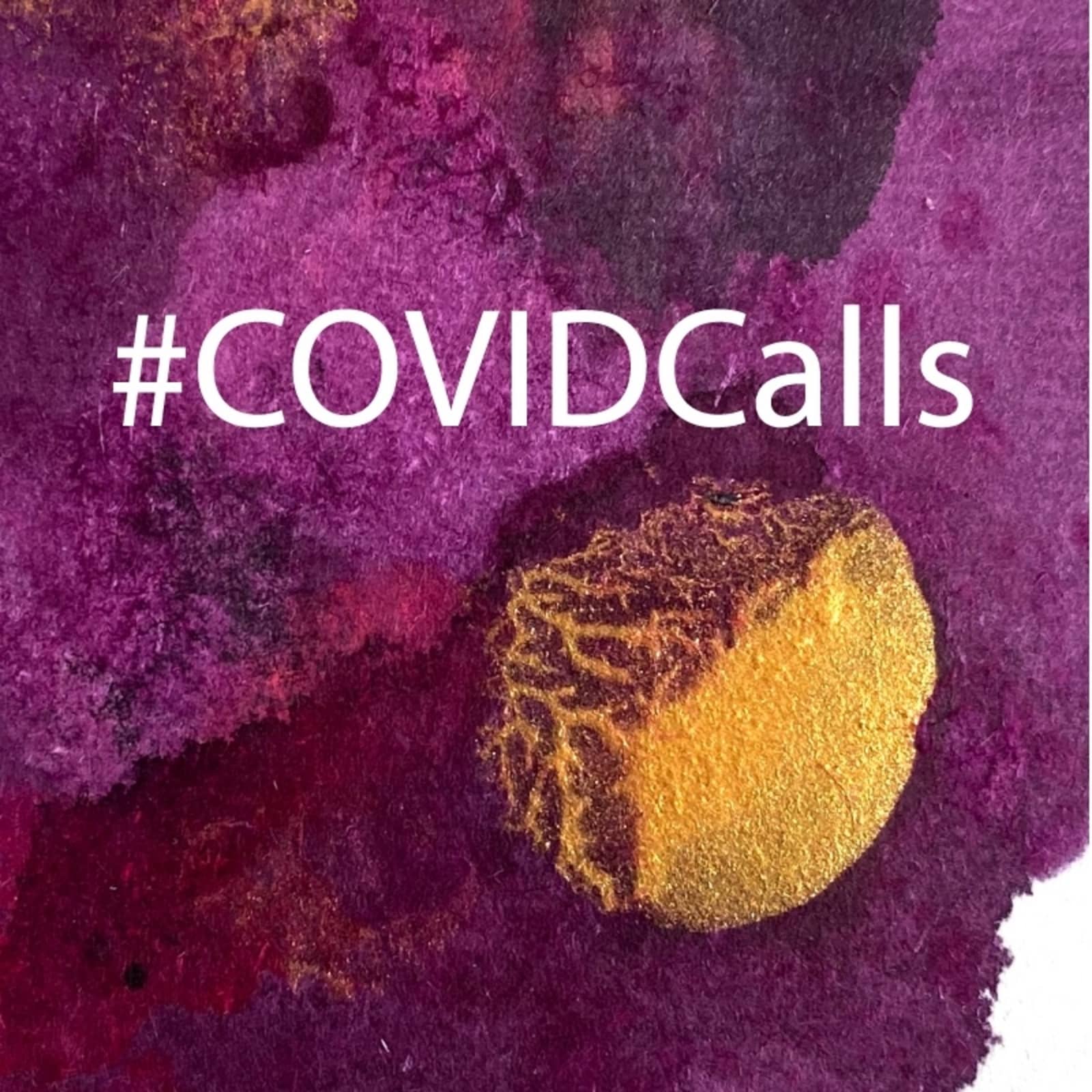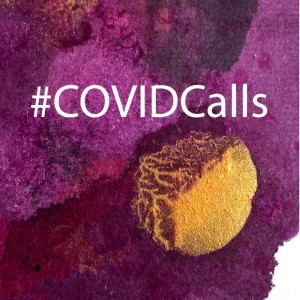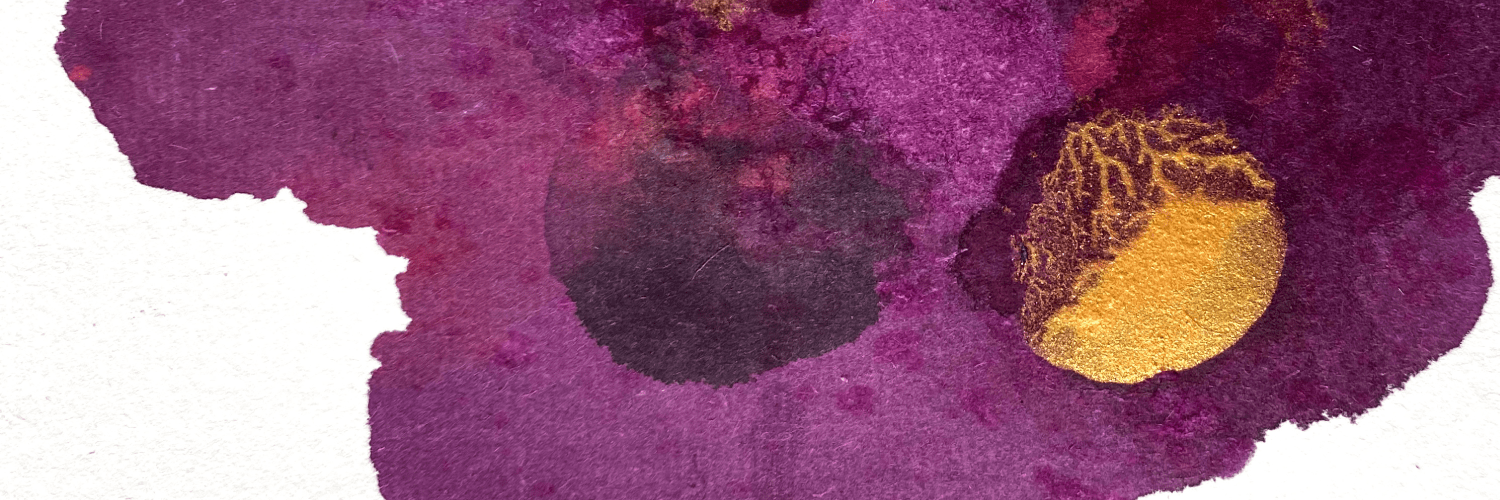
56K
Downloads
504
Episodes
A daily discussion of the COVID-19 pandemic with a diverse collection of disaster experts - hosted by Dr. Scott Gabriel Knowles, a historian of disasters at KAIST in Daejeon, South Korea.
A daily discussion of the COVID-19 pandemic with a diverse collection of disaster experts - hosted by Dr. Scott Gabriel Knowles, a historian of disasters at KAIST in Daejeon, South Korea.
Episodes

Friday Sep 11, 2020
EP #124 - 9.10.2020 - Thinking Historically about COVID-19
Friday Sep 11, 2020
Friday Sep 11, 2020
Can we actually learn anything from disasters? Today, I talk about the ways disaster researchers study the past and think about the present with Andy Horowitz and Jacob Remes.
Jacob Remes is a clinical associate professor of history at New York University's Gallatin School of Individualized Study, where he directs the nascent Initiative for Critical Disaster Studies. Author of Disaster Citizenship: Survivors, Solidarity, and Power in the Progressive Era (University of Illinois Press, 2016). He is the co-editor, with Andy Horowitz, of the forthcoming Critical Disaster Studies: New Perspectives on Disaster, Vulnerability, Resilience, and Risk.
Andy Horowitz is assistant professor of History at Tulane University. His much-anticipated book is out, Katrina: A History—1915-2015 and getting a lot of great coverage and he has another project on the emerging field of disaster studies. His writing has appeared in the Journal of Southern History, Southern Cultures, Historical Reflections, the Journal of American History, The Atlantic, the Washington Post, and the New York Times.

Wednesday Sep 09, 2020
EP #123 - 9.9.2020 The COVID-19 Vaccine
Wednesday Sep 09, 2020
Wednesday Sep 09, 2020
Today I talk about the issues surrounding a COVID-19 vaccine with Emily Brunson and Monica Schoch-Spana.
Emily Brunson is an applied anthropologist specializing in medical anthropology. She received an MPH in epidemiology and a PhD in anthropology from the University of Washington in Seattle. Her primary research focus is health care access and decision-making, and particularly how policies, social structures (including class and racial inequalities), social networks and personal experience combine to produce health outcomes for individuals. Currently she is developing research plans and conducting policy outreach in relation to COVID-19 vaccination and working on a study of COVID-19 vaccination knowledge, attitudes and behavior among college students.
Dr. Monica Schoch-Spana is a medical anthropologist, is a Senior Scholar with the Johns Hopkins Center for Health Security and a Senior Scientist in the Department of Environmental Health & Engineering at the Johns Hopkins University Bloomberg School of Public Health. She also holds faculty positions at the Department of Anthropology at Texas State University and the National Consortium for the Study of Terrorism and Responses to Terrorism (START).
National advisory roles include currently serving on the Homeland Security Subcommittee of the Board of Scientific Counselors for the US Environmental Protection Agency, the Resilient America Roundtable of the National Academies of Sciences, Engineering, and Medicine (NASEM), and the NASEM Standing Committee on Medical and Public Health Research during Large-Scale Emergency Events.
From 2003 to 2017, Dr. Schoch-Spana worked at the UPMC Center for Health Security; prior to that she worked at the Johns Hopkins University Center for Civilian Biodefense Strategies, starting in 1998.

Tuesday Sep 08, 2020
EP #121 - 9.7.2020 Labor Day & COVID-19 with Terril Haigler @yafavtrashman
Tuesday Sep 08, 2020
Tuesday Sep 08, 2020
Today we will talk with Terrill Haigler, Philadelphia sanitation worker and creator of the Instagram account yafavtrashman.
Terrill Haigler aka yafavtrashman on instagram, from North Philadelphia—and started on December 30, 2019. Before that he was a personal trainer. Creative and Performing Arts HS in Philadelphia. Attended in Baltimore at Coppin State. welcome to COVIDCalls!
https://www.instagram.com/_yafavtrashman/?hl=en

Friday Sep 04, 2020
EP #120 - 9.4.2020 Teaching in/with COVID-19
Friday Sep 04, 2020
Friday Sep 04, 2020
Today we will talk about the challenges of teaching and learning about COVID-19 in higher education with Audrey Truschke (trushkey), Theresa MacPhail, and Maddy Larkin.
Maddy Larkin is a junior Custom Design Major student at Drexel University. For her major, she combines studies of biology, psychology, criminology, and public health to study Humanistic Health. She is also a theatre minor and is involved in the Pennoni Honors College as a member and student mentor.
Theresa MacPhail is a medical anthropologist at Stevens Institute of Technology and the author of The Viral Network: A Pathography of the H1N1 Influenza Pandemic (Cornell UP). Her research centers on the social, cultural, and political aspects of global health, infectious disease, and medicine. Her next book examines the global rise of allergies and will be published by Random House in 2022.
Audrey Truschke is Associate Professor of South Asian History at Rutgers University in Newark, New Jersey. She is a premodern South Asianist by training, and is the author of two books on aspects of the Mughal Empire in India. She also publishes on historical memory and the politics of the past in the present. Because the pandemic has remade her world and she cannot get it off her mind, she is teaching a course at Rutgers-Newark in fall 2020 called Archiving COVID-19.

Thursday Sep 03, 2020
EP #119 - 9.03.2020 COVID-19 in Air and Water
Thursday Sep 03, 2020
Thursday Sep 03, 2020
Today we will talk about COVID-19 in the air, the water, and on surfaces with environmental engineer Chuck Haas.
Charles N. Haas is the L.D. Betz Professor of Environmental Engineering and head of the Department of Civil, Architectural and Environmental Engineering, at Drexel University, where he has been since 1991. He also has courtesy appointments in the Department of Emergency Medicine of the Drexel University College of Medicine and in the School of Public Health. He co-directed the USEPA/DHS University Cooperative Center of Excellence – Center for Advancing Microbial Risk Assessment (CAMRA). He is a fellow of the International Water Association, American Academy for the Advancement of Science, the Society for Risk Analysis, the American Society of Civil Engineers the American Academy of Microbiology and the Association of Environmental Engineering and Science Professors. He is a Board Certified Environmental Engineering Member by eminence of the American Academy of Environmental Engineers. Over his career, Professor Haas has specialized in the assessment of risk from and control of human exposure to pathogenic microorganisms, and in particular the treatment of water and wastewater to minimize microbial risk to human health.

Thursday Sep 03, 2020
EP #118 - 9.22.2020 Authoritarianism in the COVID-19 Epidemic
Thursday Sep 03, 2020
Thursday Sep 03, 2020
Today we will talk about authoritarianism in the time of COVID-19 with historians Richard Bodek and Richard E. Frankel.
Richard Bodek is professor of History at the College of Charleston. His research and teaching interests roam widely from science fiction to detective fiction to popular culture to radical politics to violence. He has taught courses in all of these areas. He has also written about all of them. His interest in intellectual history prompted his co-edited volume, The Fruits of Exile: Central European Intellectual Immigration to America in the Age of Fascism. His continuing interest in cultural anthropology emerges in the co-edited volume, Maroonage/Marronage: Maroons in Culture, History, and Society. Finally, his love of the ‘Golden Twenties’ prompted his edited translation of Claire Bergmann’s 1932 German novel (banned by the Nazis), Was wird aus deinen Kindern, Pitt? (What Will Become of the Children?). At present, he is at work on a history of murder in Occupied Germany.
Richard E. Frankel is currently Associate Professor of modern German history and the Sagrera Family Memorial/BORSF Endowed Professor in History at the University of Louisiana at Lafayette. His research interests center on nationalism, antisemitism, immigration, and political culture. His first book was Bismarck’s Shadow: The Crisis of German Leadership and the Transformation of the German Right, 1898-1945 with Berg Publishers. His latest book, States of Exclusion: A New Wave of Fascism uses German history—particularly the period of the Third Reich—to help us better understand the current situation in Trump’s America. Frankel is now seeking to understand antisemitism from an even broader, global perspective. He is currently at work on a new book-length project tentatively titled Globalizing Hate: The Impact of Globalization on Modern Antisemitism in Germany and the United States, 1880-1914.

Tuesday Sep 01, 2020
EP #117 - 9.1.2020 Education, COVID-19 and Sports with Billy
Tuesday Sep 01, 2020
Tuesday Sep 01, 2020
(This is the 117th episode, the host misspoke in the intro and said 116)
Today we will talk about sports, the pandemic, and racial justice with Billy Witz, reporter for the NYTimes.
Billy Witz is a sports reporter for The New York Times. He has spent the last year covering college sports, writing about everything from how the University of Alabama uses phone-tracking technology to prevent students from leaving football games early; to chronicling a University of Mississippi basketball player’s decision to take a knee during the national anthem in response to white supremacists marching on campus.
Witz has been at the paper since 2015, when he arrived to cover the New York Yankees, which he did for four seasons.
Among the national recognition he has received is an Associated Press Managing Editors’ first-place award for an investigative series on a high school basketball powerhouse built on foreign players with falsified immigration documents.
Witz is a graduate of Tulane University, where he studied sociology.

Tuesday Sep 01, 2020
EP #116 - 8.31.2020 - Education and the Pandemic: The K-12 Return
Tuesday Sep 01, 2020
Tuesday Sep 01, 2020
Today I have a co-host: Shivani Patel! (INTRODUCE YOURSELF BRIEFLY)
Today we will talk about the upcoming K-12th grade schoolyear, in the midst of the pandemic, with Angela Minor, Rebecca Martinson, and Mark Keierleber.
Angela Minor began teaching in Baltimore County, Maryland in 1995 and began at Pennsbury High School in 2003. She teaches a variety of grades and levels, including AP Government, U.S History, and Current World Issues. She will be instituting a new course she co-created this year titled “Issues and Advocacy: Class, Race and Gender in America.” Angela also teaches graduate classes in education with the Regional Training Center, which is affiliated with LaSalle and TCNJ. Angela has a strong interest in politics, service and advocacy.
Rebecca Martinson became a teacher in 2011 after a career as a nurse. She teaches Medical Science to 11th and 12th grade students, with this class including Nursing Assistant training. Ms. Martinson still holds her nursing license as well as a teaching certificate.
Mark Keierleber is a Senior Writer-Reporter at The 74, a national K-12 education news website, where he writes about equity and school safety. Mark's work has appeared in The Atlantic, The Guardian and other publications. You can read his latest reporting at www.the74million.org.

Saturday Aug 29, 2020

Friday Aug 28, 2020
EP #114 - 8.27.2020 The Return to Campus
Friday Aug 28, 2020
Friday Aug 28, 2020
Today we will talk about the return to campus with Juliana Kaplan and Sheldon Jacobson.
Sheldon H. Jacobson is a Founder Professor in the Department of Computer Science at the University of Illinois at Urbana-Champaign. He has a Ph.D. in Operations Research from Cornell University. Dr. Jacobson research focuses on data-driven, risk-based, decision-making applied to problems in public health and public policy. Since the onset of the COVID-19 pandemic, he has published over 30 opinion pieces and commentaries in such outlets as The Hill, the New York Daily News, the Indianapolis Star, and the Chicago Tribune, providing insights into the impact of Covid-19 on aviation security, air travel, university openings, and college sports.
Juliana Kaplan is an associate editor at Business Insider. She works with freelancers and contributors on careers and life coverage, first-person perspectives, and book excerpts. She also covers news, education, and how the pandemic is reshaping our world. She graduated from Barnard College in 2019 with a degree in English and a concentration in creative writing.
